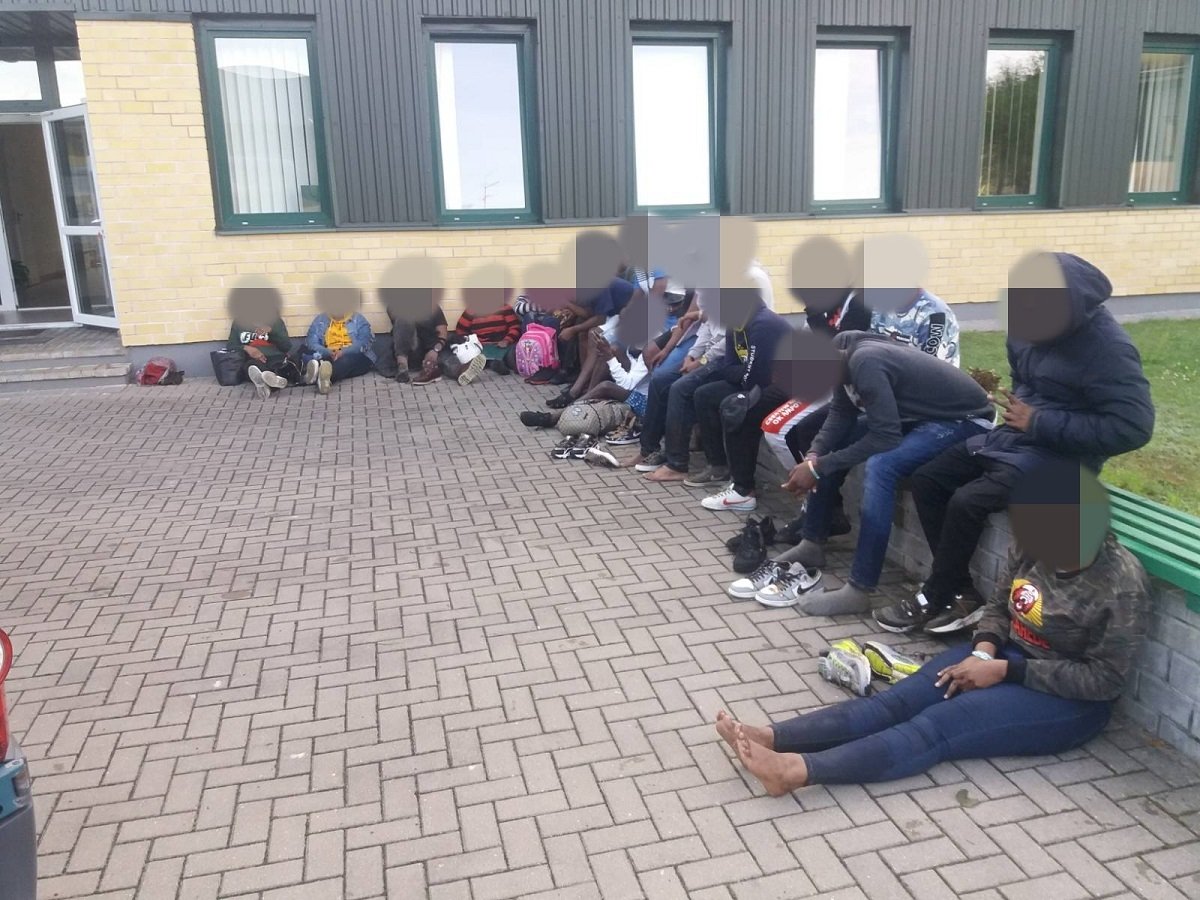The proposals were discussed by the heads of municipalities at the extended board meeting of the Lithuanian Association of Municipalities (LSA) on 7 July.
“As in the management of the crisis caused by the pandemic, so now the municipalities are ready to help the state institutions and contribute as much as possible to the management of the influx of foreigners.
And while we see that this challenge has not been properly prepared and some important decisions have not been made so far, we now only have time to focus, to hear each other and to take action, each within our own remit. This is the only way we will control the situation, “says the president of LSA Mindaugas Sinkevičius.
Proposals submitted to the government state that municipalities support the principle of localizing the residence of migrants in specially equipped infrastructure. However, as emphasized in the LSA report, it is necessary to ensure that this infrastructure is set up as soon as possible and that migrants are accommodated after a 10-day quarantine period. Municipalities point out that although they were obliged to provide premises only for the quarantine period, it is clear that migrants will still remain in these premises a few days after its end, at the same time as the number of new migrants increases daily.
Another proposal concerns the security of the population, which they are increasingly concerned about. Given that municipalities do not have public protection units or municipal subsidiaries performing this function, protection should be ensured by Ministry of the Interior subordinate authorities or, with compensation, municipalities could hire private security companies. Communication to the population on this issue is also very relevant, emphasizes Lithuanian Association of Municipalities, noting that municipalities are ready to assist and contribute to its implementation.
The municipalities where the migrants are currently housed emphasize that they already have to make daily decisions on the various measures they need – personal hygiene and cleanliness (such as showers, laundry facilities), medical and other supplies.
In order to ensure satisfactory living conditions for migrants and when planning these purchases, it is important for municipalities to know what funds will be reimbursed, because, as the LSA emphasizes, the share of autonomous municipalities is very limited and sufficient to provide public services to the country’s population. It is also important to legalize additional pay for those municipal employees who work overtime and on weekends these weeks. Therefore, according to the representatives of the LSA, in the near future it is necessary to develop a clear algorithm for compensation of costs incurred by municipalities, which would include precise categories of costs.
Municipal leaders also point out that, as the number of migrants increases, it is necessary to establish not only their testing mechanism as well as treatment conditions as soon as possible so that the country’s health care system continues to function smoothly.
Municipalities also call for initiation Governments regular inter-institutional meetings at the level of the Ministry of Finance, Health Ministries and other relevant services, in which key situation management actions would be coordinated or discussed in advance with municipalities. Such a format would promote smooth cooperation, reduce the possibilities of interpretations and allow timely and proper communication of decisions with the local population, according to the report of the Association of Lithuanian Municipalities.
–
No part of this publication may be reproduced without the written permission of ELTA.


